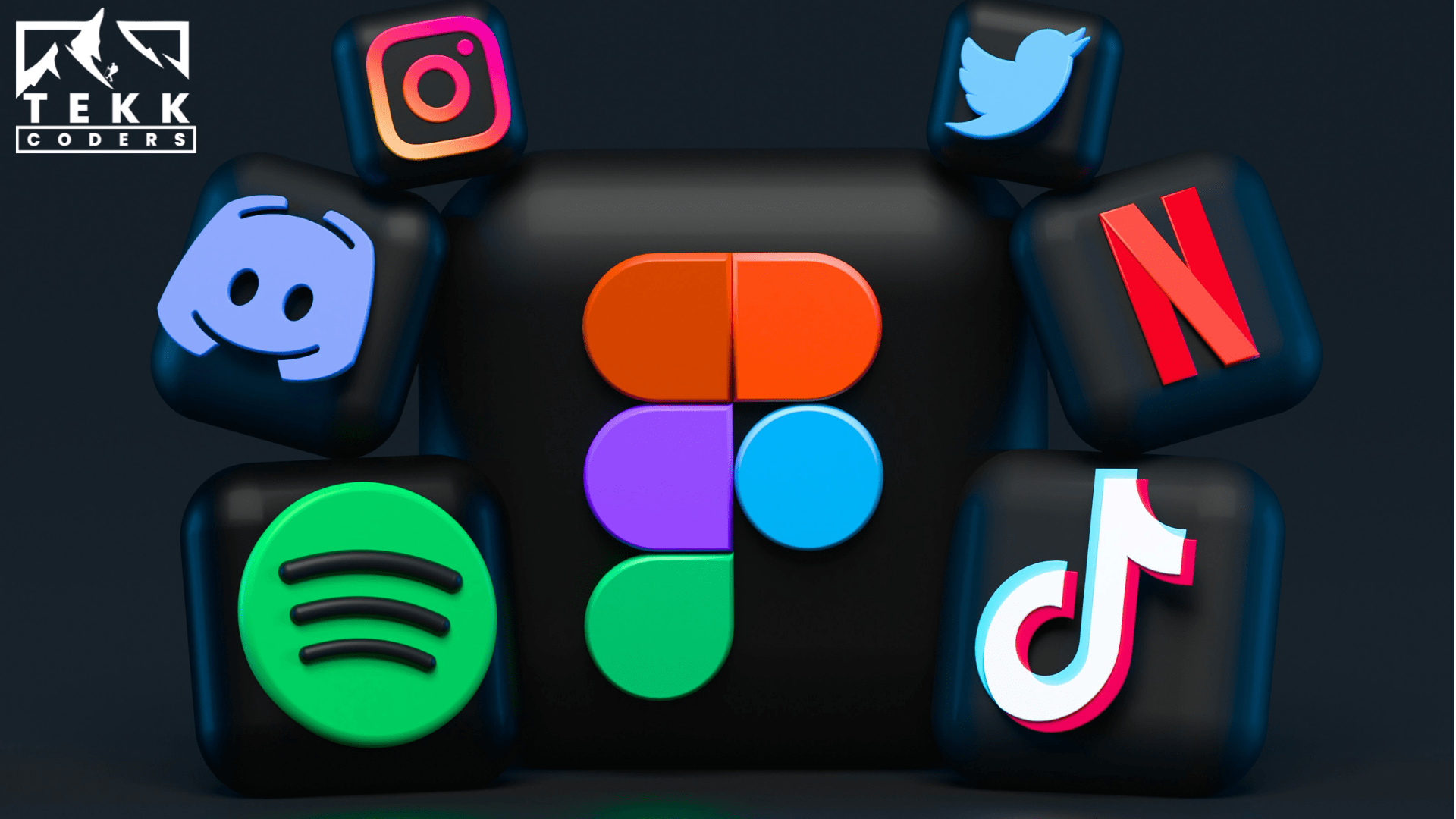
In the digital age, social media has become an integral part of everyday life, influencing how people communicate, interact, and consume information. From connecting with friends and family to driving social change and business growth, the role of social media in the present world is profound and multifaceted. This article explores the various dimensions of social media, its impact on society, and the ways it continues to evolve in the modern era.
The Ubiquity of Social Media
Social media platforms such as Facebook, Instagram, Twitter, LinkedIn, and TikTok have billions of users worldwide. These platforms offer diverse ways to share content, from text and images to videos and live streams, allowing users to express themselves and connect with others on a global scale. The accessibility of social media, facilitated by smartphones and internet connectivity, has made it a ubiquitous tool in the hands of people of all ages and backgrounds.
The rapid adoption of social media has transformed it into a powerful medium for communication. It has bridged geographical distances, enabling real-time interaction between individuals from different parts of the world. Whether it’s keeping in touch with loved ones, following news updates, or engaging in discussions on global issues, social media has reshaped the way people interact with information and with each other.
The Impact of Social Media on Communication
One of the most significant impacts of social media is its transformation of communication. Traditional communication methods, such as face-to-face conversations and phone calls, have been supplemented, and sometimes replaced, by digital communication. Platforms like WhatsApp, Messenger, and Snapchat offer instant messaging and video calling, making communication faster and more convenient.
Social media has also democratized the flow of information. Anyone with an internet connection can share their thoughts, ideas, and opinions with a global audience. This has led to the rise of citizen journalism, where ordinary people can report on events and issues in real time. However, the ease of information sharing has also led to the spread of misinformation and fake news, posing challenges to the credibility of online content.
Social Media as a Cultural Catalyst
Social media plays a pivotal role in shaping contemporary culture. Trends, memes, and viral content spread rapidly across platforms, influencing popular culture and societal norms. Platforms like TikTok and Instagram have given rise to new forms of creativity and self-expression, where users create and share content that reflects their personalities, interests, and values.
Moreover, social media has become a powerful tool for social activism. Movements such as #BlackLivesMatter, #MeToo, and #ClimateStrike have gained momentum through social media, raising awareness and mobilizing people for collective action. These platforms provide a space for marginalized voices to be heard, fostering discussions on important social issues and driving change at both the grassroots and global levels.
However, the cultural impact of social media is not without its challenges. The pressure to conform to online trends and the constant comparison to others can negatively affect mental health, particularly among young people. The curated nature of social media content often presents an idealized version of reality, leading to unrealistic expectations and a sense of inadequacy.
The Business of Social Media
Social media has also revolutionized the business world. It has created new opportunities for marketing, branding, and customer engagement. Businesses leverage platforms like Facebook, Instagram, and LinkedIn to reach target audiences, promote products and services, and build brand loyalty. Influencer marketing, where brands collaborate with social media personalities to endorse products, has become a popular strategy for reaching consumers in an authentic and relatable way.
In addition to marketing, social media provides valuable insights into consumer behavior. Analytics tools allow businesses to track engagement, measure the success of campaigns, and gain a deeper understanding of their audience. This data-driven approach enables businesses to tailor their strategies to meet the needs and preferences of their customers, leading to more effective and personalized marketing efforts.
Furthermore, social media platforms have become marketplaces in their own right. Features like Facebook Marketplace, Instagram Shopping, and TikTok's integration with e-commerce platforms allow users to browse, discover, and purchase products directly within the app. This seamless integration of social media and e-commerce has made it easier for businesses to convert engagement into sales.
The Evolution and Future of Social Media
As social media continues to evolve, it is likely to become even more embedded in daily life. Emerging technologies such as augmented reality (AR), virtual reality (VR), and artificial intelligence (AI) are expected to shape the future of social media, offering new ways to interact with content and connect with others.
For example, AR filters and VR experiences are already being integrated into platforms like Snapchat and Facebook, enhancing user engagement and creating immersive experiences. AI-driven algorithms are also playing a more significant role in content curation, personalizing the user experience by showing content that aligns with individual preferences and behaviors.
However, the future of social media also brings challenges, particularly concerning privacy, data security, and the ethical use of technology. As platforms collect vast amounts of user data, there is an ongoing debate about how this data is used and the implications for user privacy. Additionally, the rise of deepfake technology and AI-generated content raises concerns about the authenticity and integrity of online information.